Home>Gardening & Outdoor>Landscaping Ideas>How Long Does Bermuda Grass Take To Grow
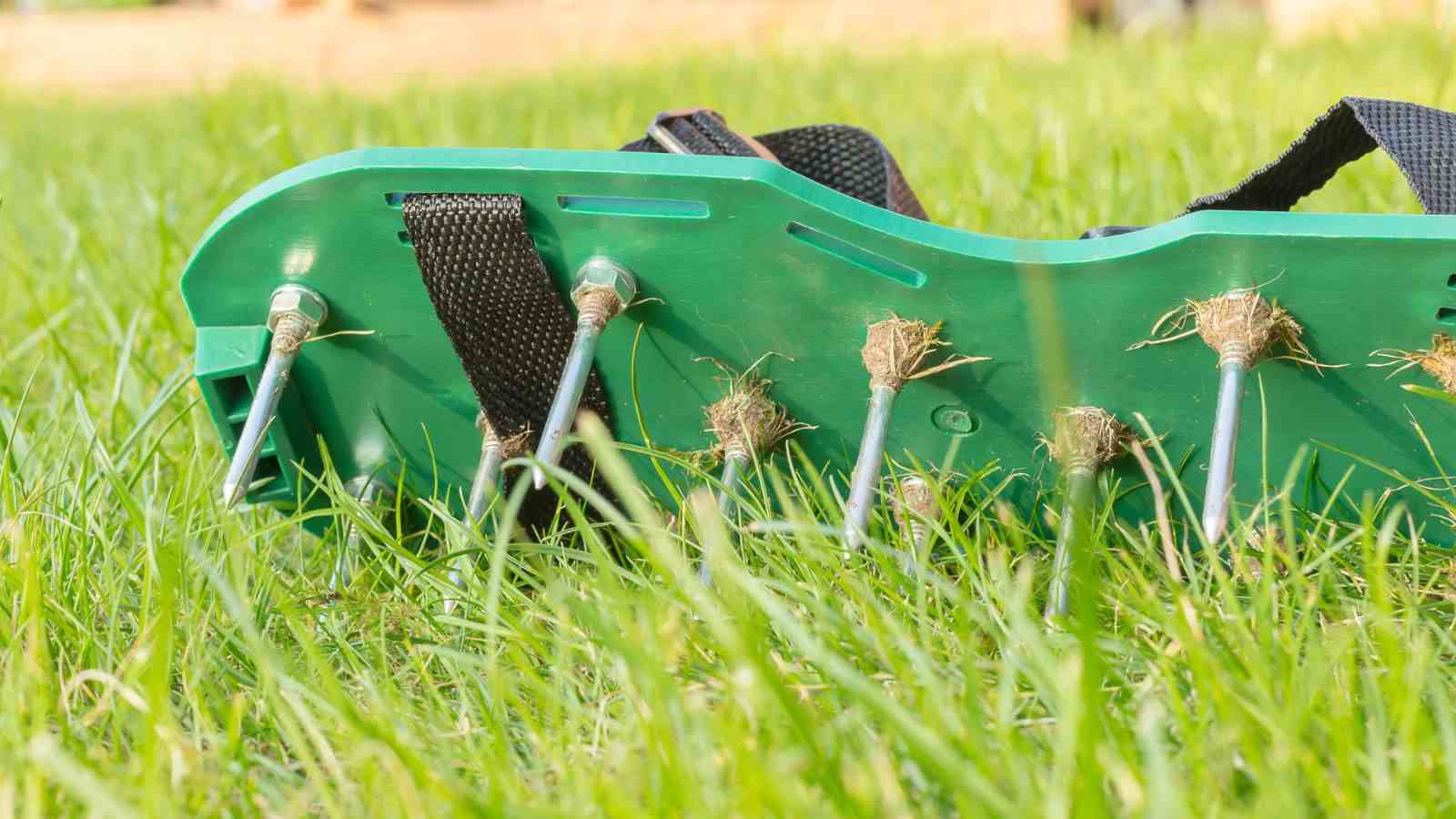

Landscaping Ideas
How Long Does Bermuda Grass Take To Grow
Modified: February 18, 2024
Discover expert landscaping ideas for growing Bermuda grass and learn how long it takes to establish a lush, vibrant lawn. Explore tips and techniques for successful Bermuda grass growth.
(Many of the links in this article redirect to a specific reviewed product. Your purchase of these products through affiliate links helps to generate commission for Storables.com, at no extra cost. Learn more)
Introduction
Welcome to the world of Bermuda grass, a versatile and popular choice for lawns, parks, and sports fields. If you’re considering planting Bermuda grass or have already taken the plunge, you may be wondering, “How long does Bermuda grass take to grow?” This hardy grass species, known for its resilience and lush green appearance, follows a distinct growth pattern influenced by various factors. Understanding the growth timeline of Bermuda grass is essential for successful cultivation and maintenance.
In this comprehensive guide, we will explore the key factors that affect Bermuda grass growth and delve into the specific timelines associated with its germination, establishment, maturity, and maintenance. By the end of this journey, you will have a deeper understanding of the growth process of Bermuda grass, equipping you with the knowledge to nurture and enjoy a vibrant, thriving lawn or landscape.
Key Takeaways:
- Bermuda grass typically germinates within 7 to 10 days under optimal conditions. Consistent watering and protection from foot traffic are crucial for nurturing the delicate seedlings during this phase.
- The establishment phase of Bermuda grass lasts approximately 6 to 8 weeks after germination. Adequate moisture, proper fertilization, and minimizing disturbances support the development of a robust root system and dense turf.
Factors Affecting Bermuda Grass Growth
Before diving into the specific timelines of Bermuda grass growth, it’s important to grasp the influential factors that shape its development. Several elements play a pivotal role in determining the speed and success of Bermuda grass growth:
- Climate: Bermuda grass thrives in warm climates with ample sunlight. It exhibits exceptional heat tolerance and prefers regions with mild winters and hot summers. The availability of sunlight directly impacts its photosynthetic activity, influencing growth rates.
- Soil Quality: The quality and composition of the soil significantly impact Bermuda grass growth. Well-draining soil with adequate nutrients fosters healthy root development and overall plant vigor. pH levels, soil compaction, and organic matter content all contribute to the grass’s ability to establish and flourish.
- Watering and Irrigation: Proper watering is crucial for Bermuda grass growth. While it exhibits drought tolerance once established, consistent watering during the germination and establishment phases is essential for robust root development and initial growth.
- Fertilization: Providing the appropriate nutrients through fertilization supports Bermuda grass in achieving optimal growth. Nitrogen, phosphorus, and potassium are essential components for its development, and a well-executed fertilization regimen can significantly enhance growth rates.
- Maintenance Practices: Regular mowing, aeration, and weed control contribute to the overall health and growth of Bermuda grass. Proper maintenance practices promote a dense, lush turf that can withstand environmental stressors and continue to thrive.
By considering and optimizing these influential factors, you can create an environment conducive to the robust growth of Bermuda grass, setting the stage for a vibrant and resilient lawn or landscape.
Germination Period
The germination period marks the beginning of Bermuda grass’s growth journey. This critical phase sets the foundation for the development of a lush and resilient turf. Understanding the timeline and requirements of germination is essential for successfully establishing Bermuda grass in your desired area.
Under optimal conditions, Bermuda grass seeds typically germinate within 7 to 10 days after planting. However, several factors can influence the germination timeline, including soil temperature, moisture levels, and seed quality. Soil temperatures between 75°F and 85°F (24°C to 29°C) are ideal for promoting rapid and uniform germination.
During the germination period, consistent moisture is crucial for seed viability and sprout development. Light, frequent watering helps keep the soil surface moist, supporting the emergence of delicate Bermuda grass seedlings. It’s essential to avoid overwatering, as excessive moisture can lead to seed rot and hinder germination.
As the Bermuda grass seeds germinate and the seedlings emerge, it’s important to monitor and maintain the moisture levels to support their early growth. Protecting the emerging seedlings from foot traffic and heavy equipment is also vital to prevent damage and ensure uniform coverage across the planting area.
While the germination period sets the stage for Bermuda grass establishment, it’s important to exercise patience and provide consistent care to nurture the developing seedlings. By understanding the specific requirements and timeline of the germination phase, you can lay a solid foundation for a thriving Bermuda grass lawn or landscape.
Bermuda grass typically takes about 1 to 3 weeks to germinate and 60 to 90 days to establish a strong root system. It’s important to provide consistent watering and proper maintenance for optimal growth.
Establishment Phase
After the successful germination of Bermuda grass seeds, the establishment phase commences, marking a crucial period in the grass’s growth journey. During this phase, the young seedlings develop roots, spread, and gradually form a dense turf. Understanding the timeline and requirements of the establishment phase is essential for fostering robust growth and ensuring the long-term health of your Bermuda grass lawn or landscape.
Typically, the establishment phase of Bermuda grass spans approximately 6 to 8 weeks after germination. During this time, the seedlings focus on root development and initial foliage growth. Adequate moisture and proper fertilization play pivotal roles in supporting the young plants as they establish themselves in the soil.
Consistent watering is vital during the establishment phase to facilitate deep root growth and overall plant vigor. While the frequency of watering may vary based on environmental conditions, it’s essential to ensure that the soil remains consistently moist but not waterlogged. This encourages the development of a robust root system, which is crucial for the long-term health and resilience of Bermuda grass.
Fertilization also plays a key role in supporting the establishment of Bermuda grass. A balanced fertilizer with a focus on nitrogen promotes healthy foliage growth and aids in the development of a dense turf. However, it’s important to follow recommended fertilization guidelines to prevent over-application, which can potentially harm the young seedlings.
During the establishment phase, it’s advisable to minimize foot traffic and activities that may disturb the developing turf. Allowing the Bermuda grass to grow undisturbed fosters uniform coverage and encourages the formation of a lush and resilient lawn.
By providing the necessary care and attention during the establishment phase, you can set the stage for a thriving Bermuda grass lawn or landscape. Understanding the specific requirements and timeline of this critical growth stage empowers you to nurture the young seedlings and lay the groundwork for a vibrant and resilient turf.
Maturity and Maintenance
As Bermuda grass transitions into maturity, it becomes essential to establish a comprehensive maintenance routine to support its continued growth and overall health. The maturity and maintenance phase encompasses ongoing care, including mowing, watering, fertilization, and weed control, to ensure the longevity and vibrancy of your Bermuda grass lawn or landscape.
Once Bermuda grass reaches maturity, typically around 8 to 12 weeks after germination, it forms a dense and lush turf, showcasing its resilience and vibrant green color. At this stage, regular mowing becomes a fundamental aspect of maintenance. Mowing Bermuda grass at the appropriate height, typically between 0.5 to 1.5 inches, promotes a healthy and uniform turf, while also discouraging weed growth and enhancing the grass’s aesthetic appeal.
Proper watering practices continue to be crucial during the maturity phase. While Bermuda grass exhibits drought tolerance, consistent and deep watering supports its long-term health and vitality. Monitoring soil moisture levels and adjusting watering schedules based on environmental conditions contribute to the grass’s overall resilience and vigor.
Fertilization remains an integral part of Bermuda grass maintenance, providing essential nutrients to sustain its growth and combat potential nutrient deficiencies. A balanced fertilizer regimen, tailored to the specific needs of Bermuda grass, supports its ongoing development and contributes to a lush and robust turf.
Weed control also becomes a priority during the maturity and maintenance phase. Regular inspection and targeted weed management help preserve the integrity of the Bermuda grass lawn, preventing invasive species from encroaching on the turf and competing for essential resources.
Aerating the soil and addressing any compaction issues further supports the long-term health of Bermuda grass, promoting optimal root growth and nutrient absorption. Additionally, addressing any pest or disease concerns promptly is essential to safeguard the grass’s vitality and prevent potential damage.
By implementing a comprehensive maintenance routine tailored to the specific needs of Bermuda grass, you can ensure that your lawn or landscape continues to thrive and radiate its natural beauty. Understanding the nuances of maturity and maintenance empowers you to provide the care and attention necessary for a vibrant and resilient Bermuda grass turf.
Frequently Asked Questions about How Long Does Bermuda Grass Take To Grow
Was this page helpful?
At Storables.com, we guarantee accurate and reliable information. Our content, validated by Expert Board Contributors, is crafted following stringent Editorial Policies. We're committed to providing you with well-researched, expert-backed insights for all your informational needs.
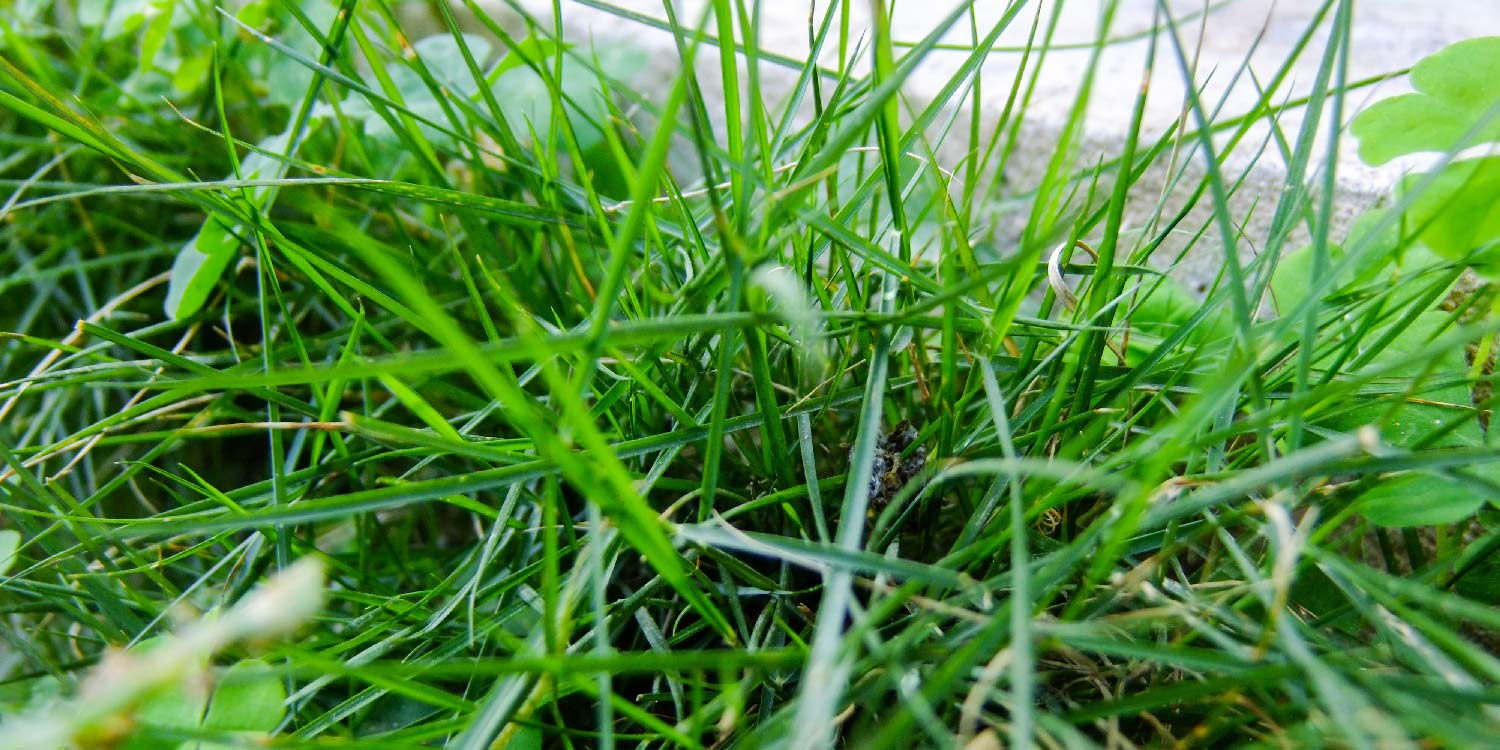
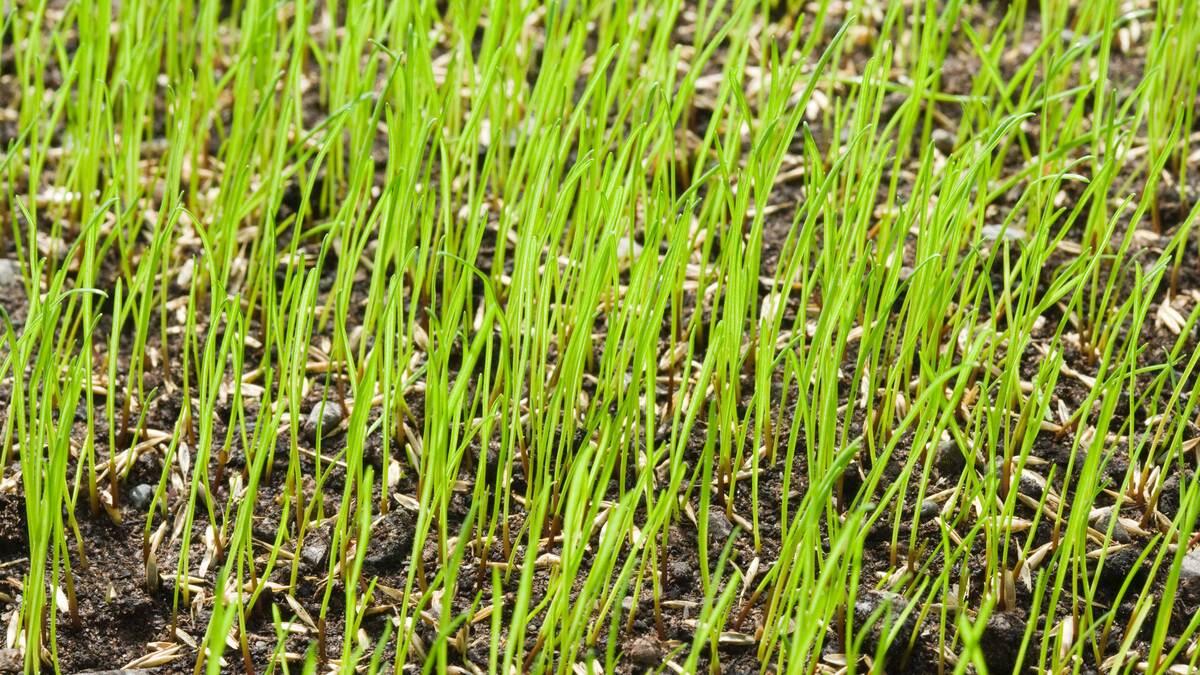
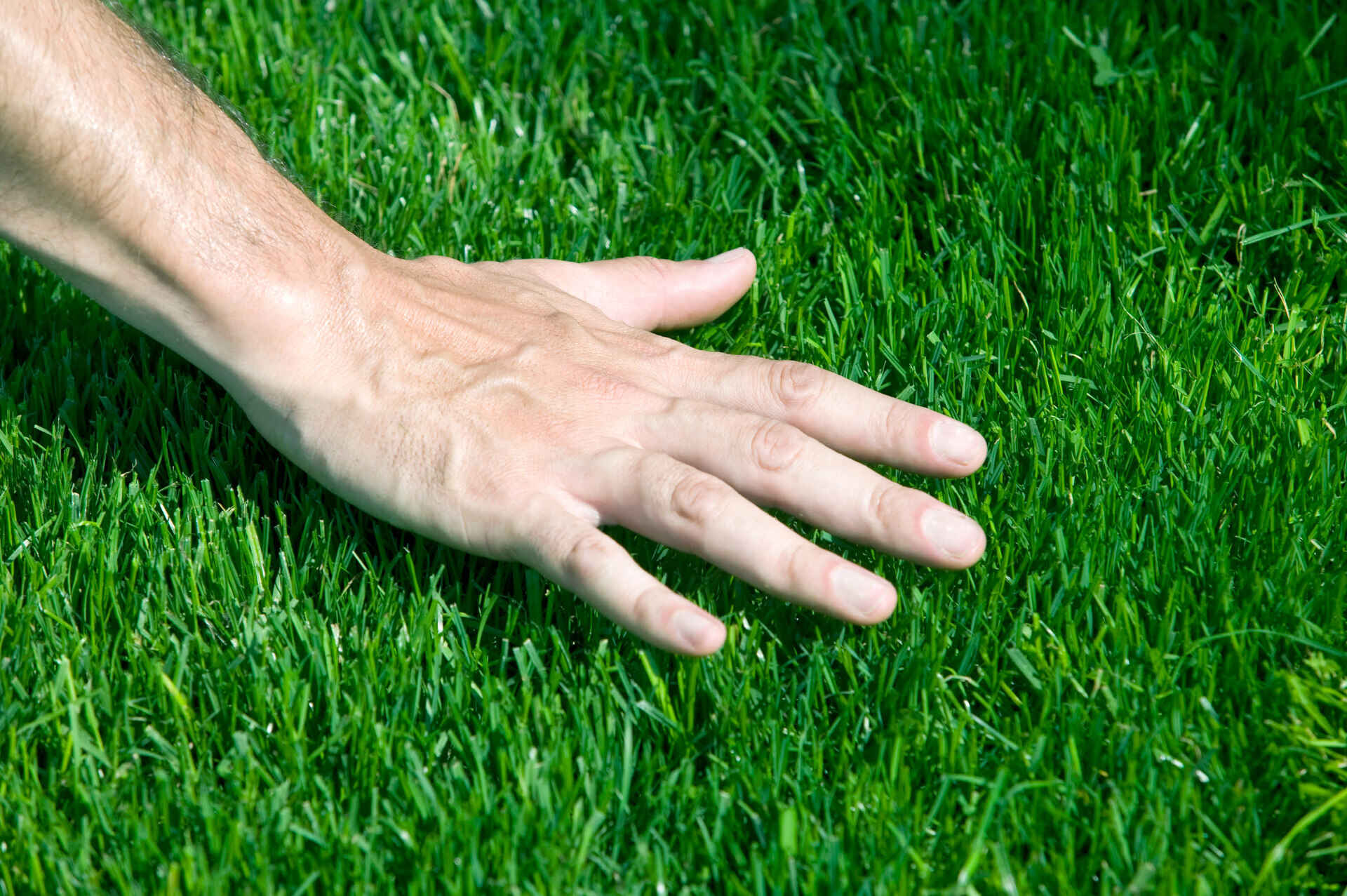
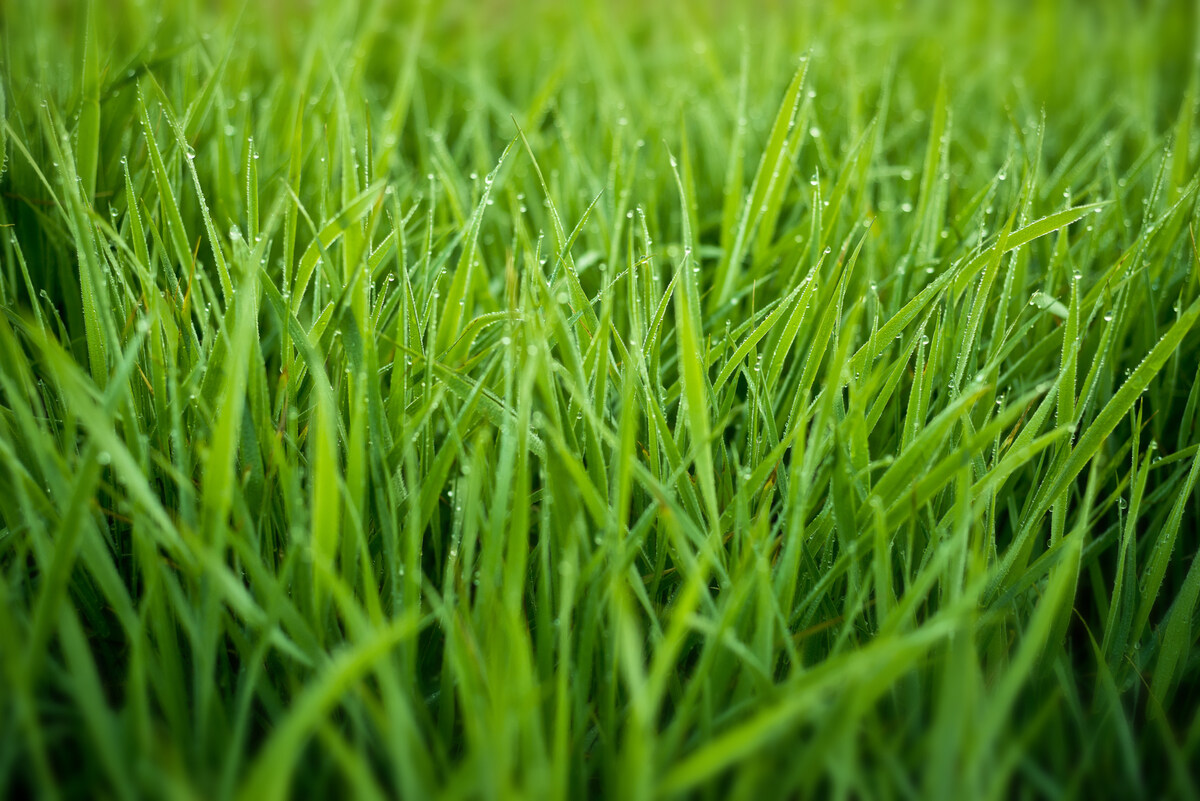
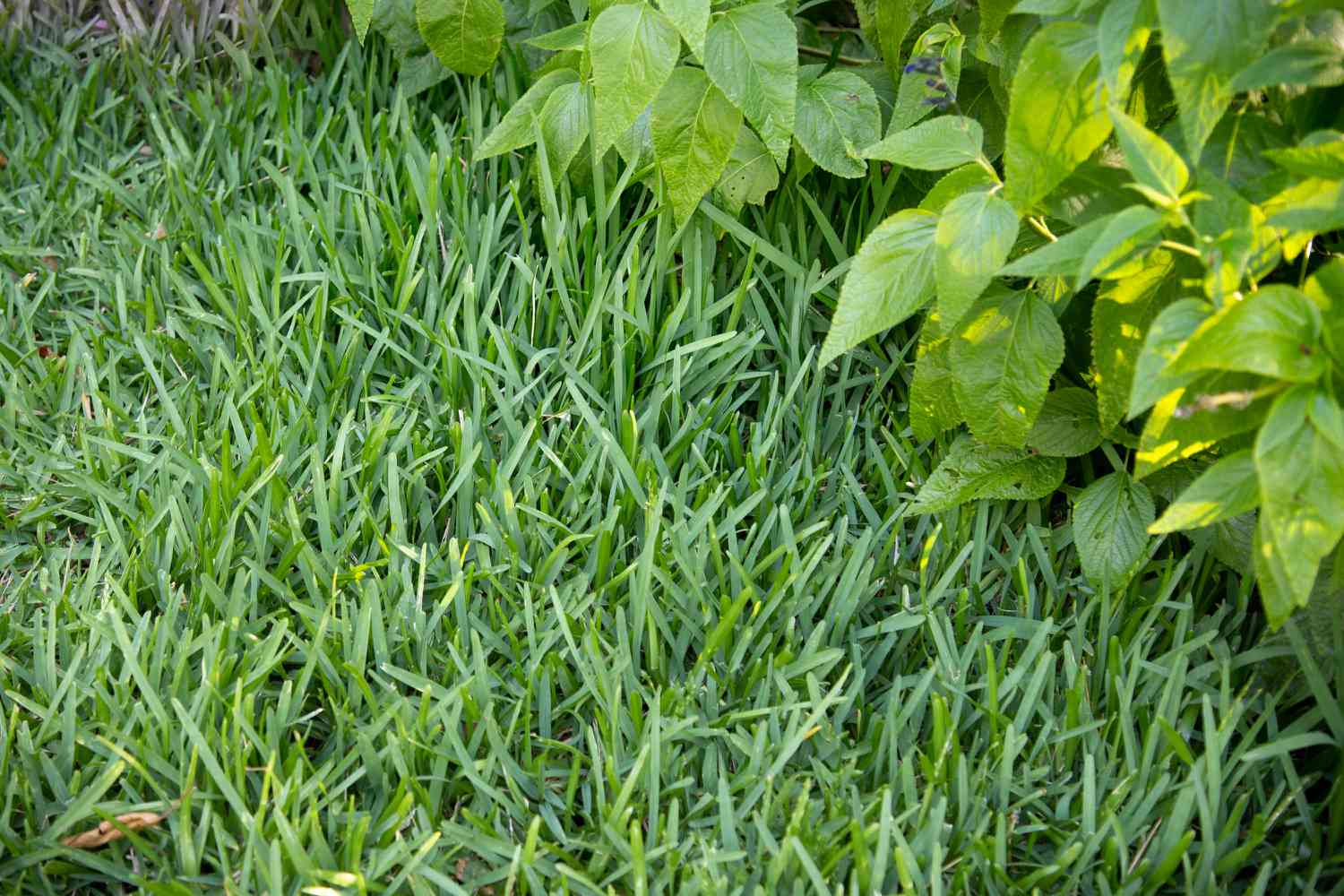
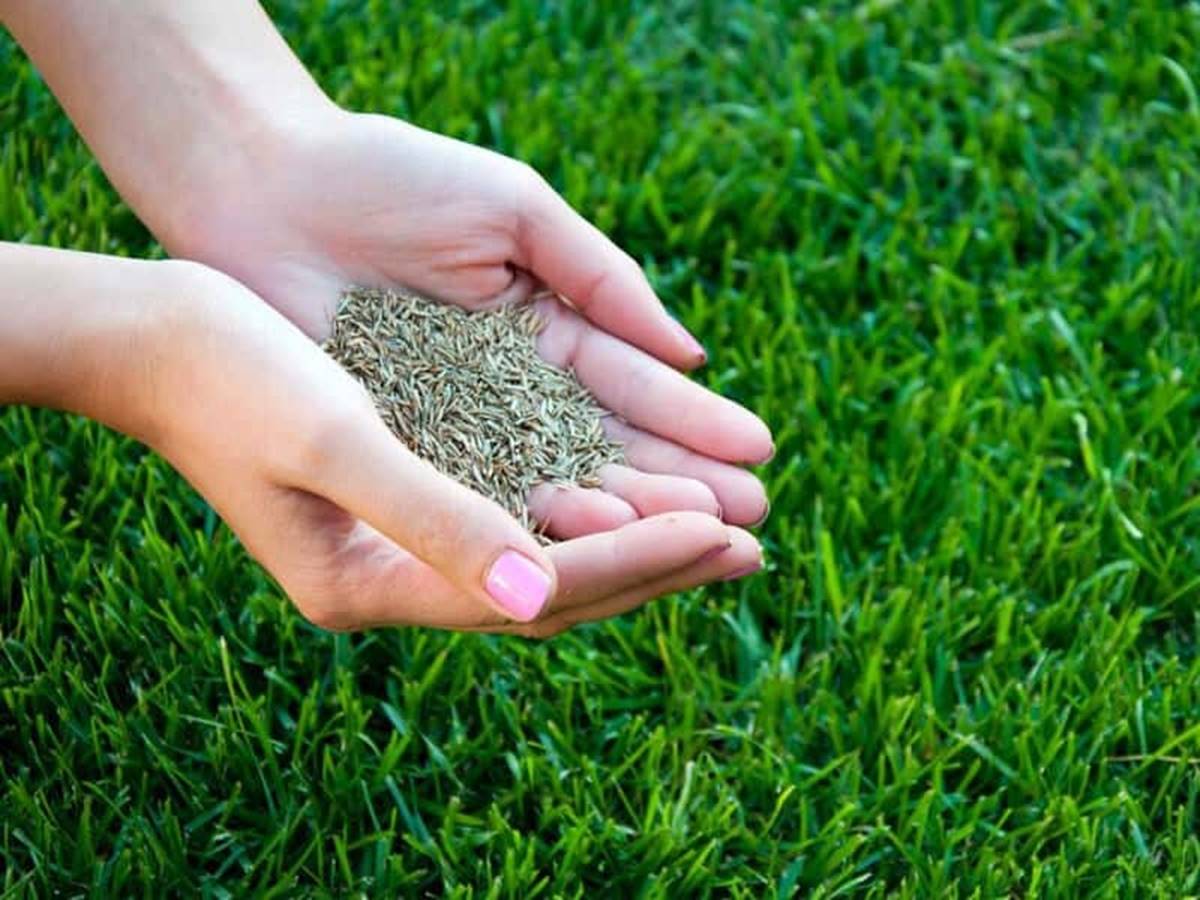
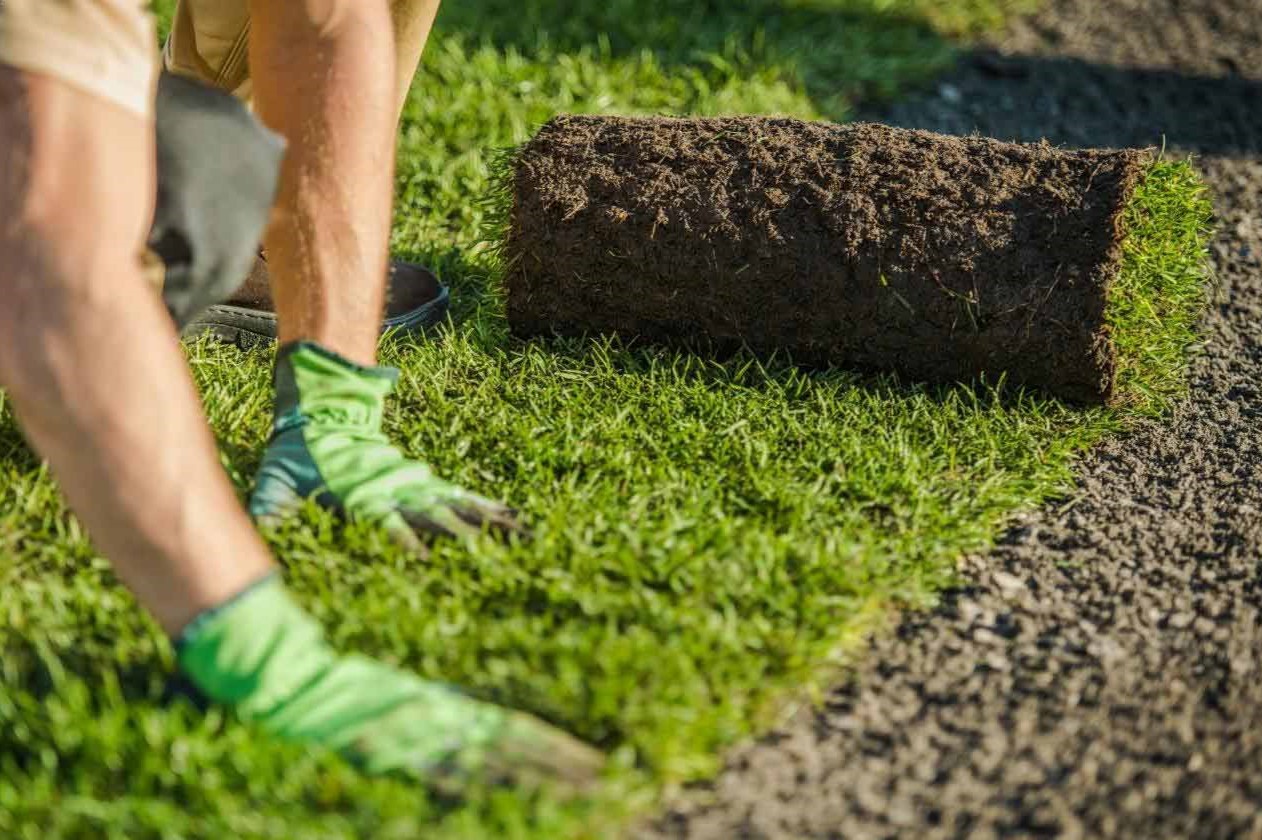

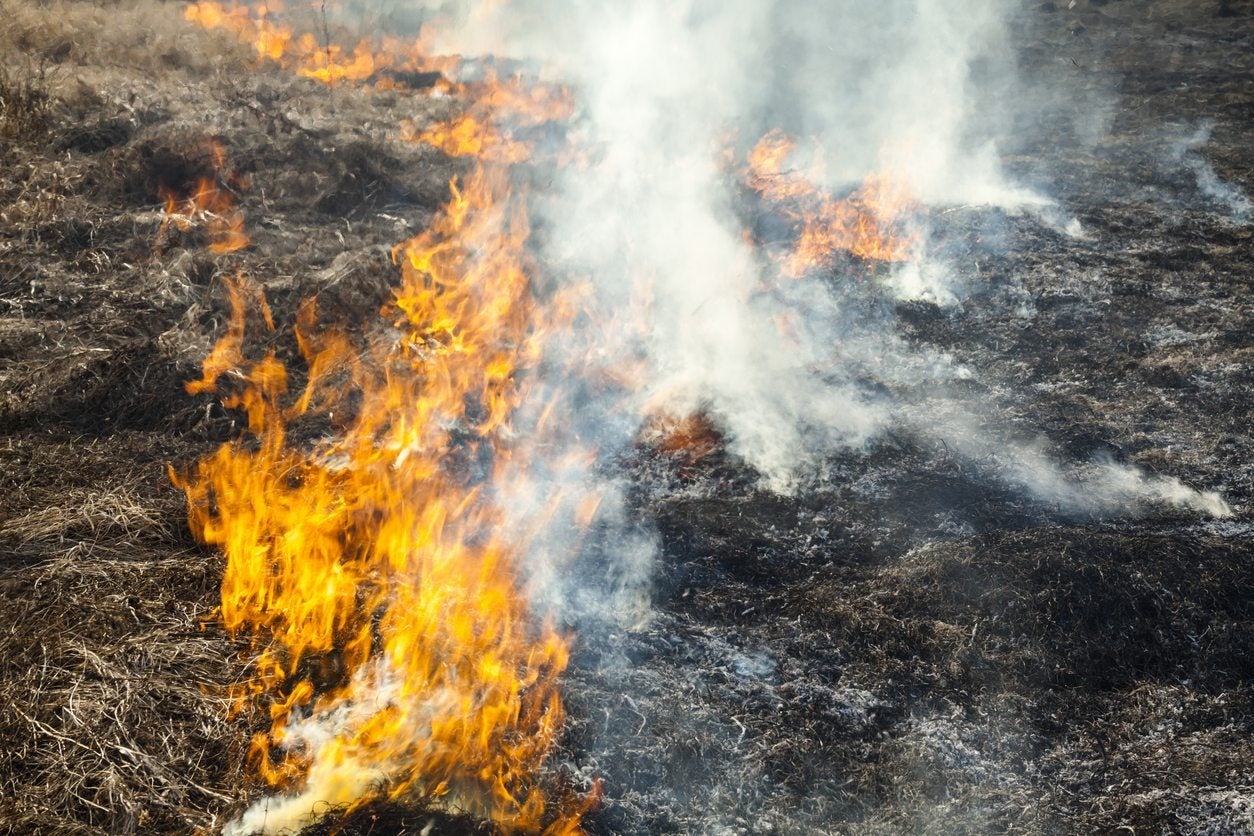
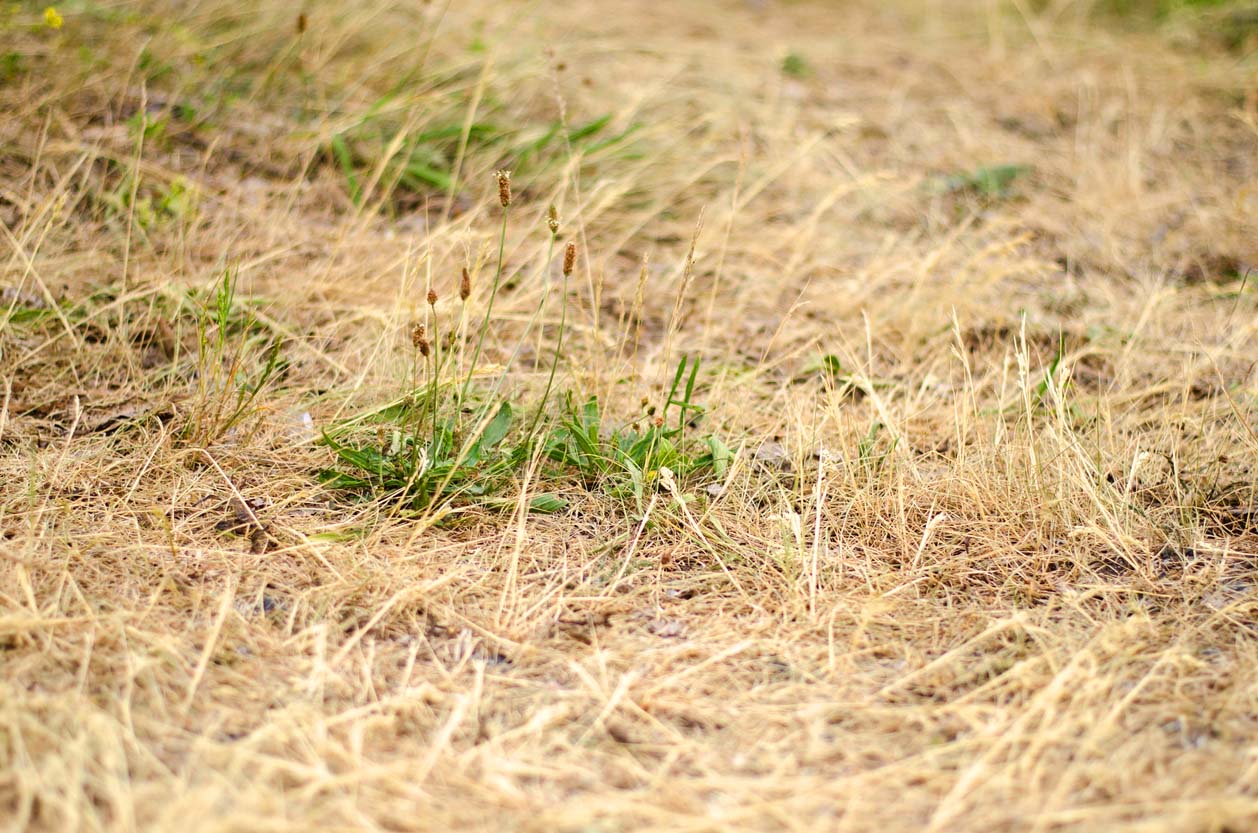
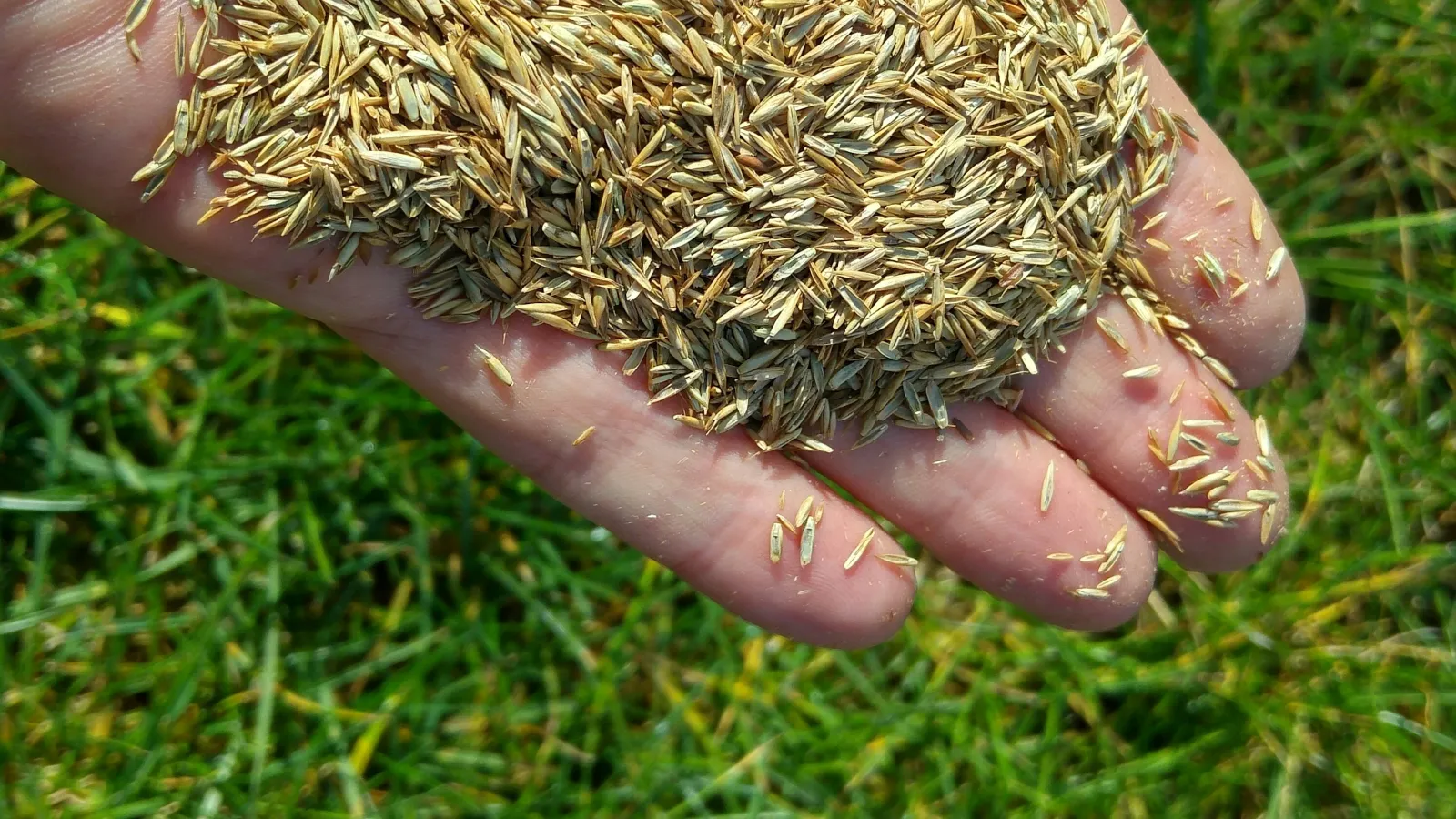
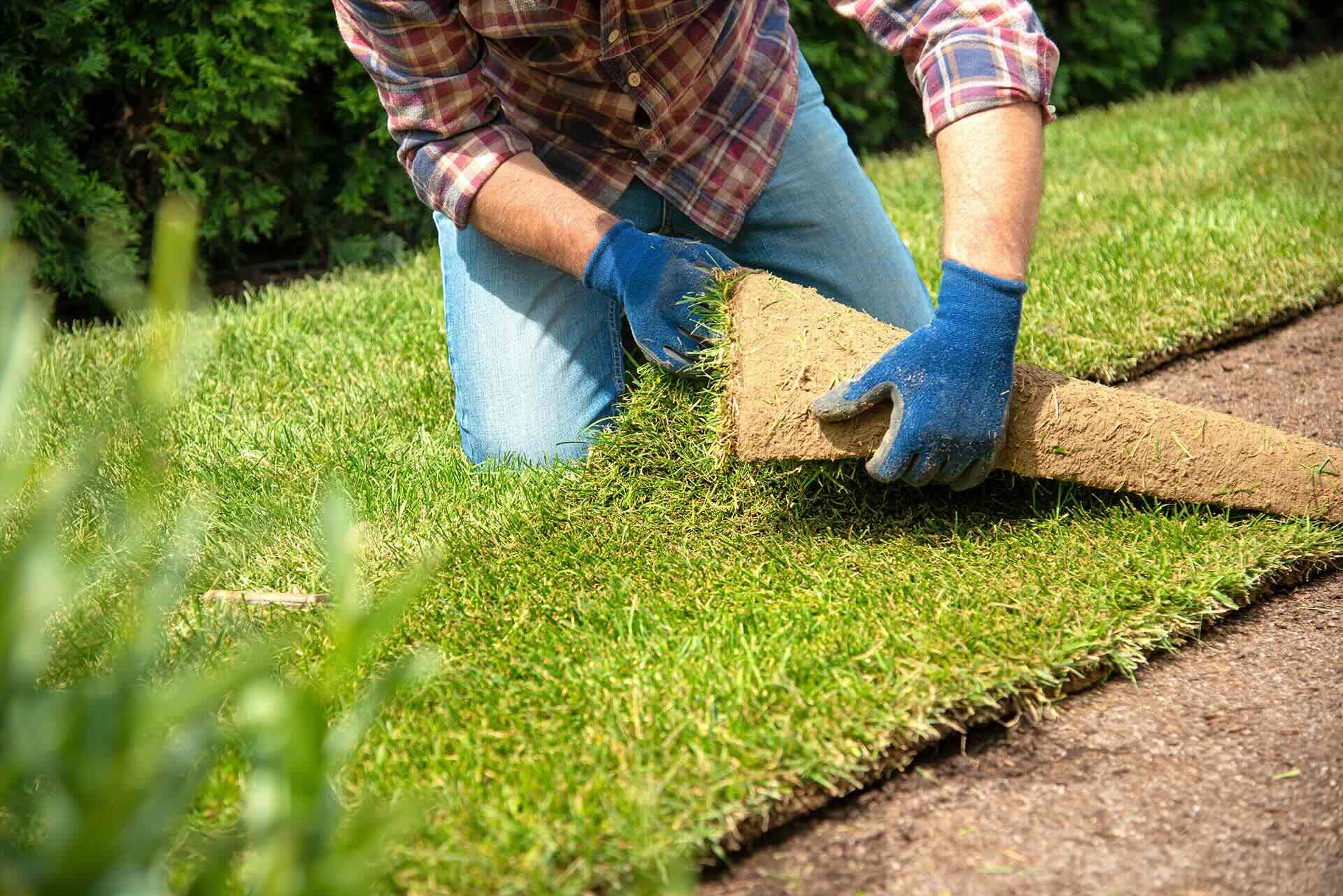
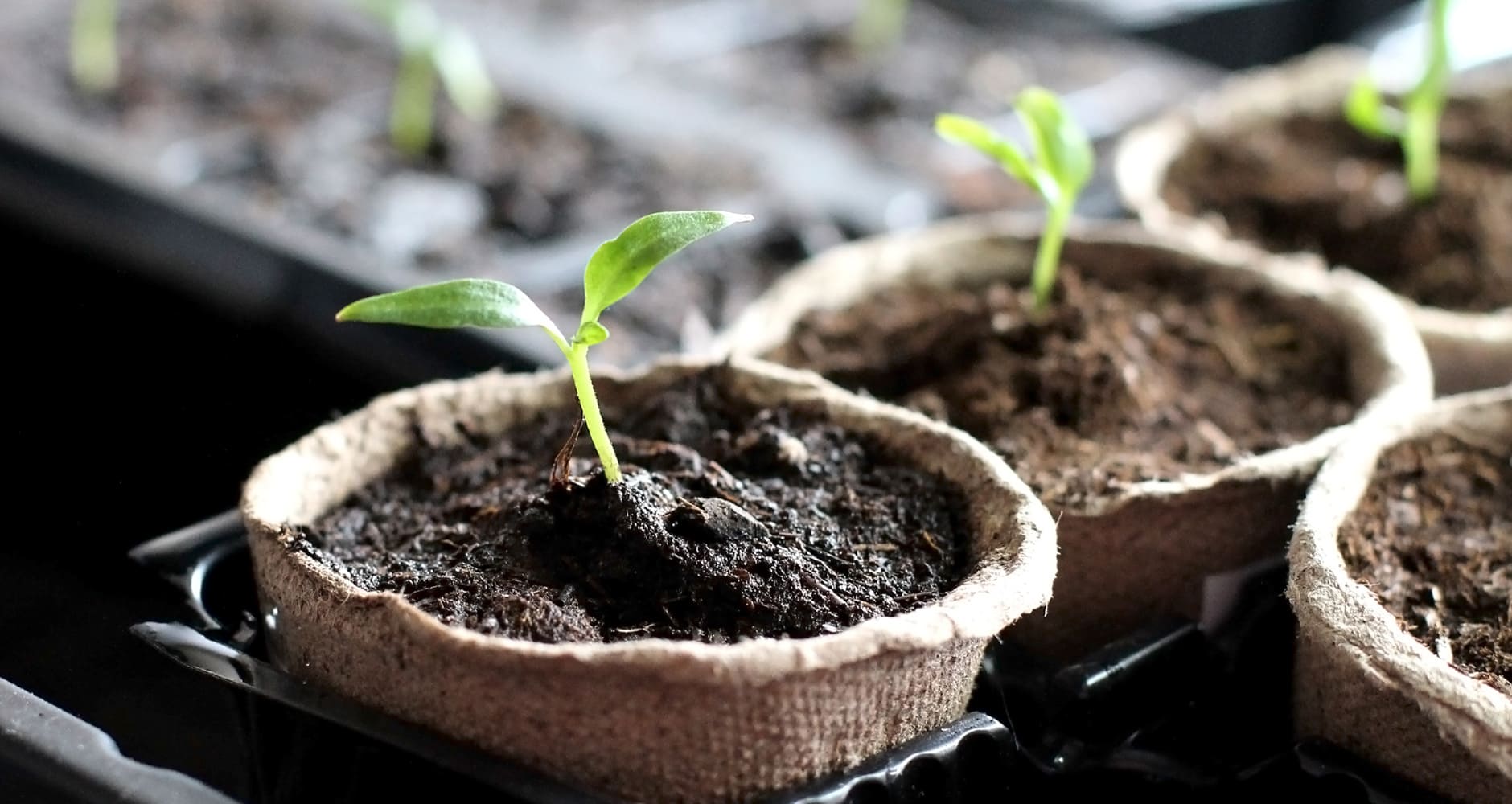
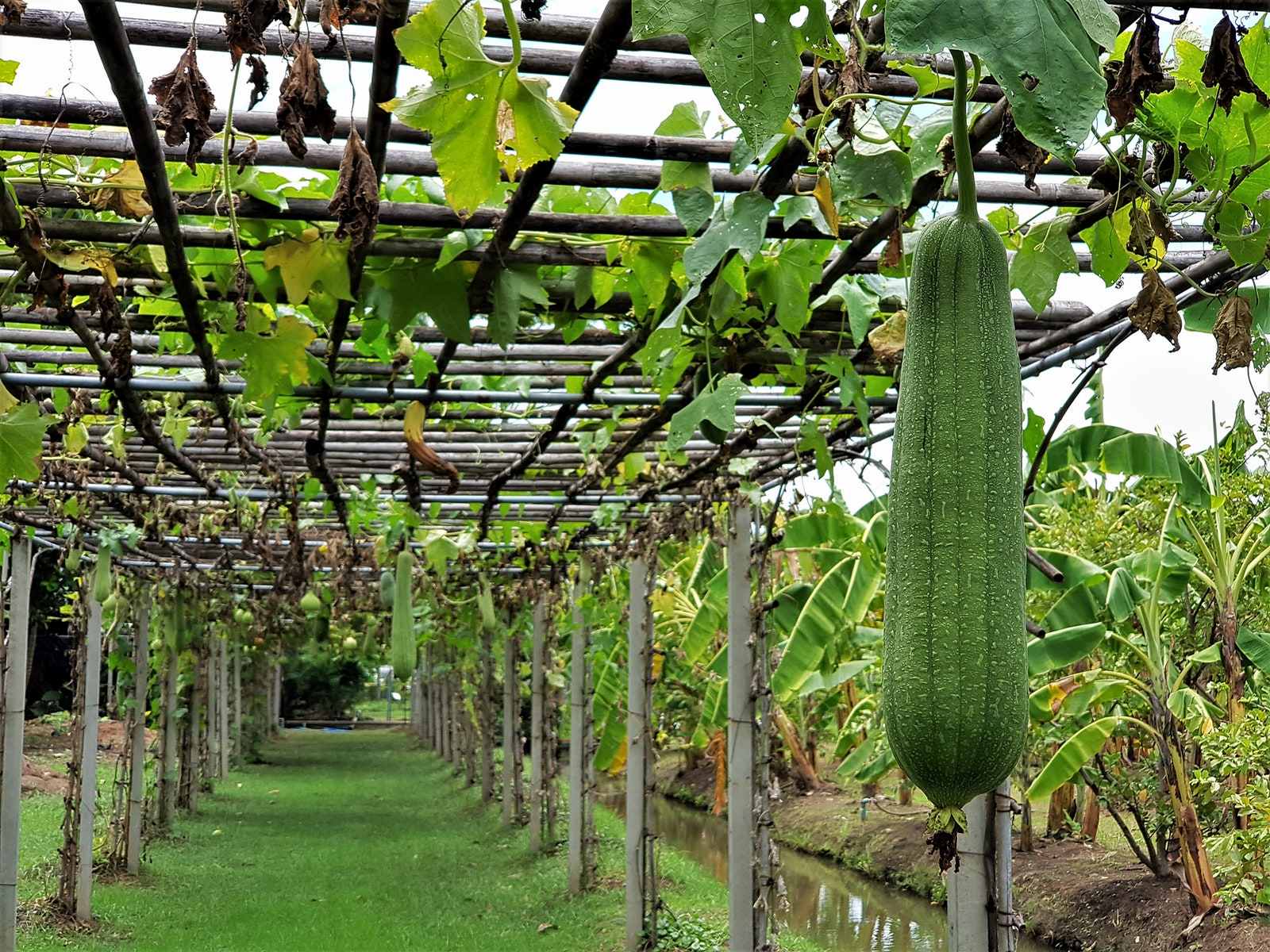


0 thoughts on “How Long Does Bermuda Grass Take To Grow”